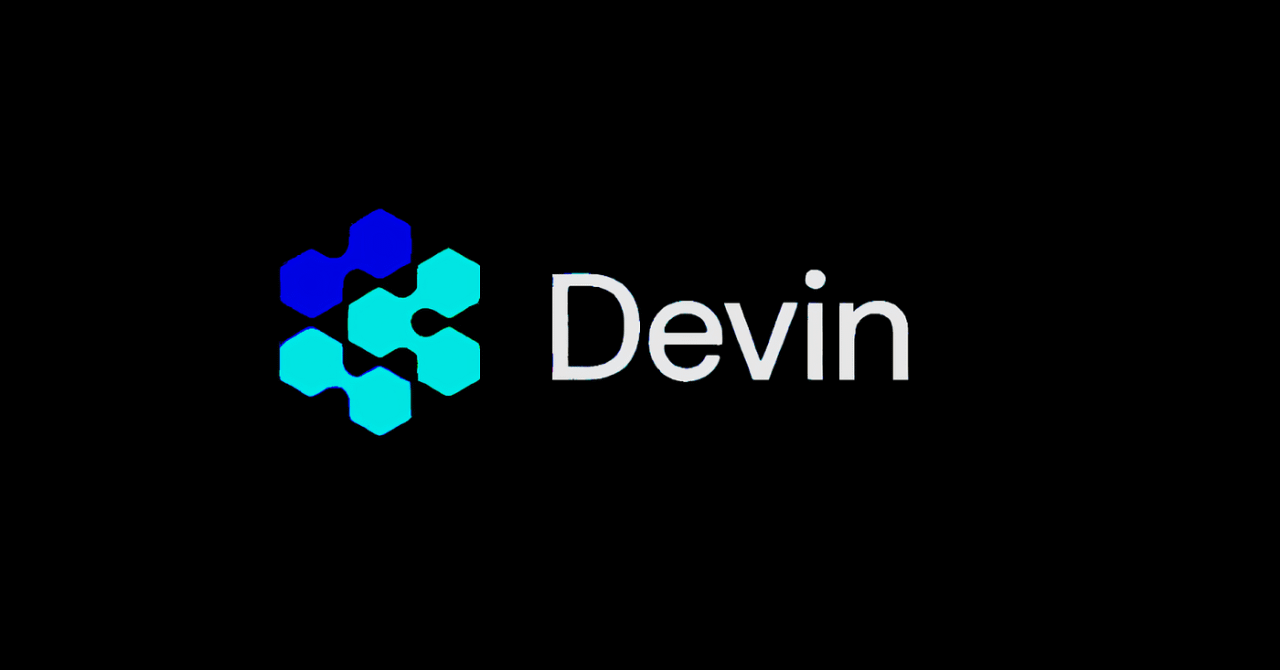Key Takeaways
| DevinAI is an AI tool developed by Cognition Labs that aims to automate software engineering tasks. |
| It can perform actions like Googling, accessing API documentation, writing code, and iterating until it solves a given problem. |
| DevinAI outperforms other AI tools on the software engineering benchmark, solving 13.86% of GitHub issues compared to GPT-4’s 1.74%. |
| While DevinAI shows promise, it is still far from replacing human software engineers for complex tasks. |
| Concerns arise about the potential impact of such AI tools on the software engineering profession. |
Introduction to DevinAI

The rapid advancements in artificial intelligence (AI) have been nothing short of remarkable, and the field of software engineering is no exception. Recently, a new AI tool called DevinAI has caused a stir in the tech community, prompting questions about its potential to revolutionize or disrupt the software engineering profession.
We have been closely following the development of DevinAI and other AI tools for coding. In this article, we will explore what DevinAI is, its capabilities, and whether it poses a threat to human software engineers.
What is DevinAI?
DevinAI is an AI software engineer developed by Cognition Labs, a stealth startup backed by prominent investors like Peter Thiel‘s Founders Fund, the Collison brothers from Stripe, and others. It is designed to tackle software engineering tasks by leveraging various tools and resources, similar to how human developers work.
The key feature of DevinAI is its ability to perform actions like Googling, accessing API documentation, writing code, running tests, fixing errors, and iterating until it solves a given problem. It is built on top of large language models (LLMs) but enhances their capabilities by allowing them to interact with the same tooling and resources available to human developers.
DevinAI’s Performance

One of the most impressive aspects of DevinAI is its performance on the software engineering benchmark, a test that evaluates an AI’s ability to solve real-world coding problems. While GPT-4, a powerful language model developed by Anthropic, can only solve 1.74% of the benchmark’s tasks, DevinAI currently achieves a success rate of 13.86%.
While this may seem like a modest improvement, it is a significant leap forward in the field of AI-assisted software engineering. Moreover, DevinAI’s developers claim that it can learn new technologies, build and deploy applications, fix bugs in existing codebases, and even train its own AI models.
The Future of DevinAI
As DevinAI continues to evolve, its capabilities are expected to become even more impressive. One potential future development is the ability to generate multiple solutions in parallel, similar to Google’s AlphaCoder, which can beat 85% of competitive programmers by generating thousands of possible solutions and selecting the best one.
Imagine a future where you could post a job on a platform like Upwork, and within minutes, DevinAI would provide you with a thousand different app solutions to choose from. This level of automation could revolutionize the way software is developed and drastically reduce development time and costs.
Impact on Software Engineers Using DevinAI
While the prospects of DevinAI are exciting, they also raise concerns about the potential impact on human software engineers. Some fear that AI tools like DevinAI could eventually replace human developers, leading to job losses and disruptions in the industry.
However, it is important to note that even with its impressive performance, DevinAI is still far from being a complete replacement for human software engineers, especially when it comes to complex tasks that require nuanced decision-making, creativity, and problem-solving skills.
We believe that AI tools like DevinAI will augment and enhance the work of human developers rather than replace them entirely. These tools can handle repetitive and tedious tasks, freeing up developers to focus on more complex and strategic aspects of software engineering.
Devin AI as a Complementary Tool
Instead of viewing AI as a threat, we should embrace it as a complementary tool that can enhance our productivity and efficiency. Just as software engineers have adapted to new technologies and programming languages throughout history, they will adapt to the integration of AI tools into their workflows.
By leveraging the capabilities of AI while maintaining human oversight and decision-making, software engineers can produce higher-quality software more efficiently. AI tools like DevinAI can assist with tasks such as code generation, testing, and debugging, while human developers provide the critical thinking, creativity, and strategic direction needed to build robust and innovative software solutions.
Embracing the Future with DevinAI
As the technology landscape continues to evolve, it is crucial for software engineers to remain open-minded and adaptable. Rather than resisting change, we should embrace the opportunities that AI presents and strive to become proficient in using these tools effectively.
We are committed to staying at the forefront of AI advancements in software engineering. We encourage our developers to explore and experiment with AI tools like DevinAI, subscribe to enhance your skills and understanding of these technologies.
By fostering a culture of continuous learning and adaptation, we can ensure that our team remains competitive and equipped to leverage the full potential of AI in software engineering.

Pingback: What is Devika AI and How to Use it? - Shubham Nayak
Pingback: What is Perplexity Labs and Its 10 Models? - Shubham Nayak